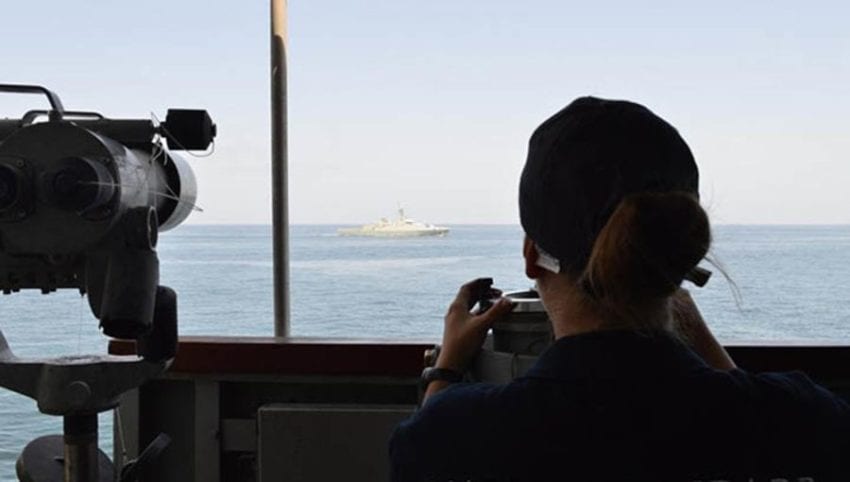
Surge in new maritime security companies following piracy activity
Similar to the surge in maritime security firms during the peak of Somali piracy 15 years ago, a resurgence in pirate activity off the coast of Somalia has sparked the emergence of new players in the maritime security industry. The recent increase in attacks, coupled with other security threats such as those posed by the Houthis in Yemen, underscores the critical need for robust protection of merchant vessels and the safety of seafarers worldwide.
As incidents of maritime attacks continue to escalate, the demand for private maritime security companies (PMSCs) has skyrocketed. These companies play a pivotal role in safeguarding trade routes, ensuring the uninterrupted flow of goods, and protecting the lives of those who traverse the oceans. However, with this surge in demand comes the imperative to distinguish experienced maritime security firms from newcomers, as well as the necessity for enhanced regulation within the industry.
Distinguishing the Experienced from the New
When evaluating maritime security firms, there are several key factors to consider in distinguishing between seasoned professionals and newcomers to the field:
Track Record and Experience: Established maritime security firms typically have a proven track record of successful operations and a wealth of experience in dealing with various security threats at sea. They often have a team of seasoned professionals with backgrounds in military, law enforcement, or maritime security.
Compliance with International Standards: Experienced firms adhere to international regulations and standards set forth by organizations such as the International Maritime Organization (IMO) and the International Maritime Bureau (IMB). They prioritize compliance with laws and guidelines related to the use of force, weapons handling, and rules of engagement.
Training and Certification: Reputable maritime security firms invest in comprehensive training programs for their personnel, ensuring they are well-equipped to handle complex security situations at sea. Look for firms that provide certifications and accreditations from recognized institutions in the field of maritime security.
Global Reach and Network: Experienced firms often have a global presence and a network of strategic partners, enabling them to provide comprehensive security solutions across different regions and shipping routes. They possess the logistical capabilities to deploy personnel quickly and efficiently to areas of heightened risk.
Client References and Testimonials: Seek feedback from past clients and industry stakeholders to gauge the reputation and reliability of a maritime security firm. Positive testimonials and references from satisfied clients are indicative of a company’s trustworthiness and professionalism.
The Case for Greater Regulation
The surge in demand for private maritime security services has reignited calls for greater regulation within the industry. The proliferation of new entrants, coupled with concerns about the quality and standards of service provided, underscores the need for a more structured regulatory framework.
The Security Association of the Maritime Industry (SAMI), which served as a regulatory body for PMSCs during the previous Somali piracy cycle, disbanded in 2016. Since then, the industry has lacked a unified regulatory authority, leading to inconsistencies in standards and practices among maritime security firms.
Enhanced regulation would not only ensure the professionalism and accountability of PMSCs but also provide clarity for shipowners and operators seeking reliable security services. Key areas for regulation include licensing requirements for security personnel, adherence to international guidelines on the use of force, and oversight mechanisms to monitor the conduct of maritime security operations.
Furthermore, regulation should address the issue of transparency and accountability in the procurement of maritime security services, particularly in cases where armed guards are deployed onboard vessels. Clear guidelines on the vetting and training of security personnel, as well as mechanisms for reporting and investigating security incidents, are essential for maintaining the integrity of the industry.
In conclusion, as the threat of maritime piracy and other security risks continues to escalate, distinguishing experienced maritime security firms from newcomers is paramount. By prioritising factors such as track record, compliance, training, and client references, shipowners and operators can ensure they partner with reputable and reliable security providers. Moreover, the establishment of greater regulation within the industry will positively impact the industry standards for professionalism, accountability, and safety.
For further information or to speak to one of our maritime security experts, contact us at enquiries@priavosecurity.com or call +44 (0) 20 7315 4221.
